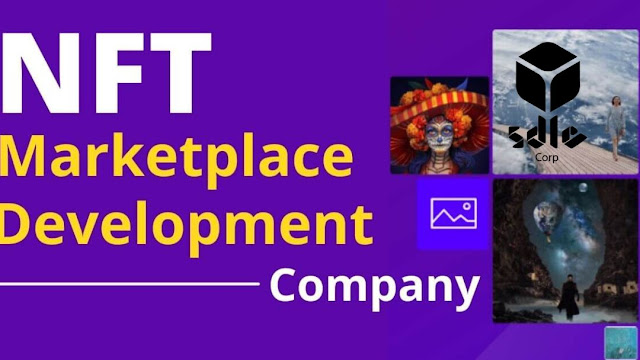Real Estate Tokenisation | Features of Tokenized Real Estate
The rise of real estate tokenization as a trend shows how blockchain technology and real estate investing have come together.
Tokenization allows investors unique access to private real estate investments as well as increased transparency, liquidity, and income for asset or fund owners.
In this blog, we'll explain what tokenization is, how it works, and how owners and investors can profit.
Describe the working of real estate tokenization
Similar to the fundraising process, real estate tokenization divides an asset into manageable portions using a smart contract, an automated programmed that runs on a blockchain.
Any person who purchases or holds a token also owns a portion of the property. They are liable to both the underlying securities and the profits and losses that go along with it.
In order to better understanding it, let's imagine that someone carries a $100,000 piece of property and quickly needs money.
However, the investors who approach them lack the necessary funds, and the property owners are opposed to selling their property for a lower price.
Tokenization is useful in situations like this. Each unit will represent $1,000 worth of digital tokens and their assets will be distributed.
In this manner, investing in the asset over time is made simple. Due to the informal nature of the network used, everything here is totally upfront.
A token for real estate potentially stand for any of the ability to follow:




Comments
Post a Comment